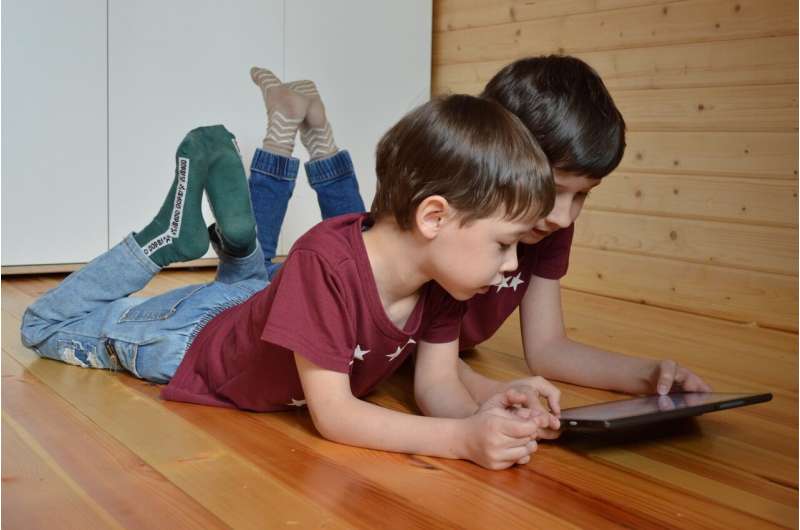Identifying Symptoms and Signs of Loneliness: What to Watch For

Learn to recognize the subtle signs of loneliness, including emotional, behavioral, and physical symptoms, and discover ways to reconnect and improve mental well-being.
Loneliness is a common emotional experience that can subtly develop over time, often without us realizing it. It may begin as a gradual shrinking of your social world, such as walking less, canceling plans with friends, or feeling disconnected during interactions. These small changes can lead to a sense of emptiness or flatness, where you might feel emotionally distant or detached from others.
Recognizing loneliness is crucial because it often manifests through specific signs. Physically, people may experience sensations like coldness or hollowness, which some research suggests are processed by the brain similarly to how physical pain is perceived. Behaviorally, behavioral changes can include trouble sleeping, altered appetite—either eating more or less—and withdrawing from social activities that once brought joy.
Emotionally, loneliness can bring about persistent sadness, fatigue, and a feeling of not belonging—even when you are in the company of friends or loved ones. You might also become more sensitive to rejection or criticism, further reinforcing feelings of isolation.
Understanding that loneliness is a subjective experience is important. It is not simply a matter of being alone but feeling disconnected from meaningful relationships or community. Interestingly, loneliness can occur regardless of relationship status—those in happy relationships or surrounded by friends can also feel lonely when they lack deep connections.
The roots of loneliness are often linked to external factors such as neighborhood environment, social norms, work-related stress, and broader societal issues like economic inequality or the aftermath of social restrictions during pandemics. Chronic loneliness is associated with significant health risks, including depression, anxiety, weakened immunity, heart disease, and even earlier mortality.
Overcoming loneliness begins with self-awareness. Reflecting on what types of connections are missing—whether close friendships, romantic partners, or community involvement—is essential. Engaging in activities like joining clubs or volunteering, or simply initiating small social interactions, can help rebuild social ties. For persistent cases, consulting a mental health professional may provide tailored strategies to foster connection.
Remember, loneliness is a universal human experience and not a personal failing. Recognizing its signs and addressing it openly can greatly improve overall well-being and health.
Stay Updated with Mia's Feed
Get the latest health & wellness insights delivered straight to your inbox.
Related Articles
Early Onset of Gaming Disorder and Screen Addiction in Young Children Revealed by New Research
New Australian research reveals that children as young as 10 are showing signs of gaming disorder and screen addiction, highlighting the need for early intervention to address the mental health impact of excessive screen time.
How Body Image Cyberbullying Impacts the Brain of Teenage Girls
A groundbreaking study reveals how body image-related cyberbullying activates emotional and social brain regions in teenage girls, highlighting neurological impacts and the need for greater awareness and protective measures.
Vietnamese Lung Cancer Caregivers Suffer from Low Resilience and Mental Health Struggles
A groundbreaking study in Vietnam reveals that over 50% of family caregivers for lung cancer patients have low resilience, risking mental health and facing significant emotional strain amidst limited support systems.
Music as a Therapeutic Tool for Enhancing Mental Health and Reducing Stigma
Guided musical experiences can encourage help-seeking and reduce self-stigma related to mental health, offering a new approach to mental wellbeing support. Learn how music therapy is making a difference.



